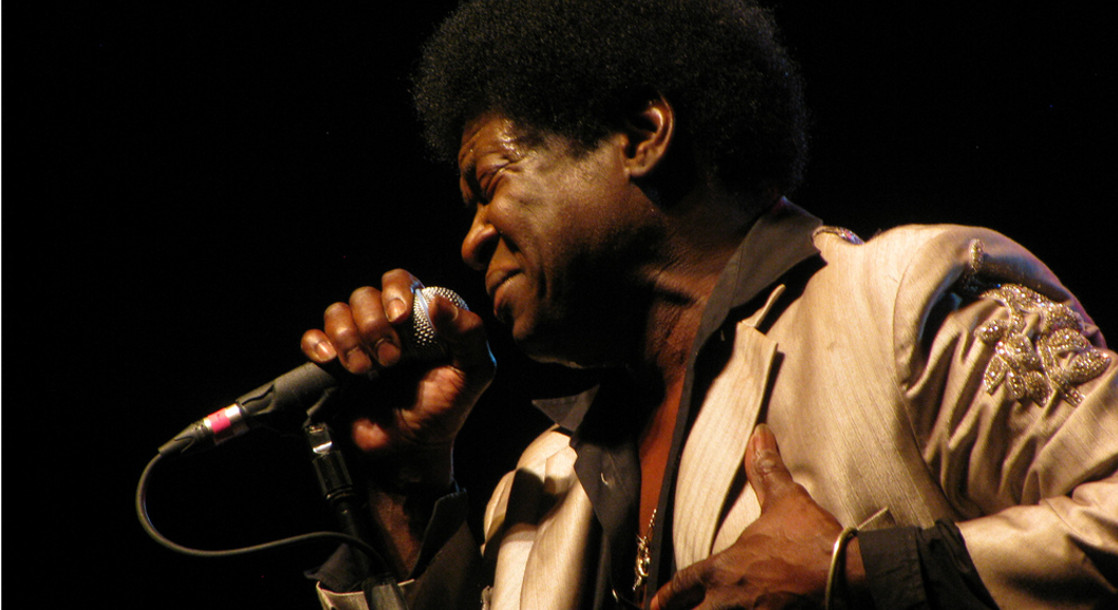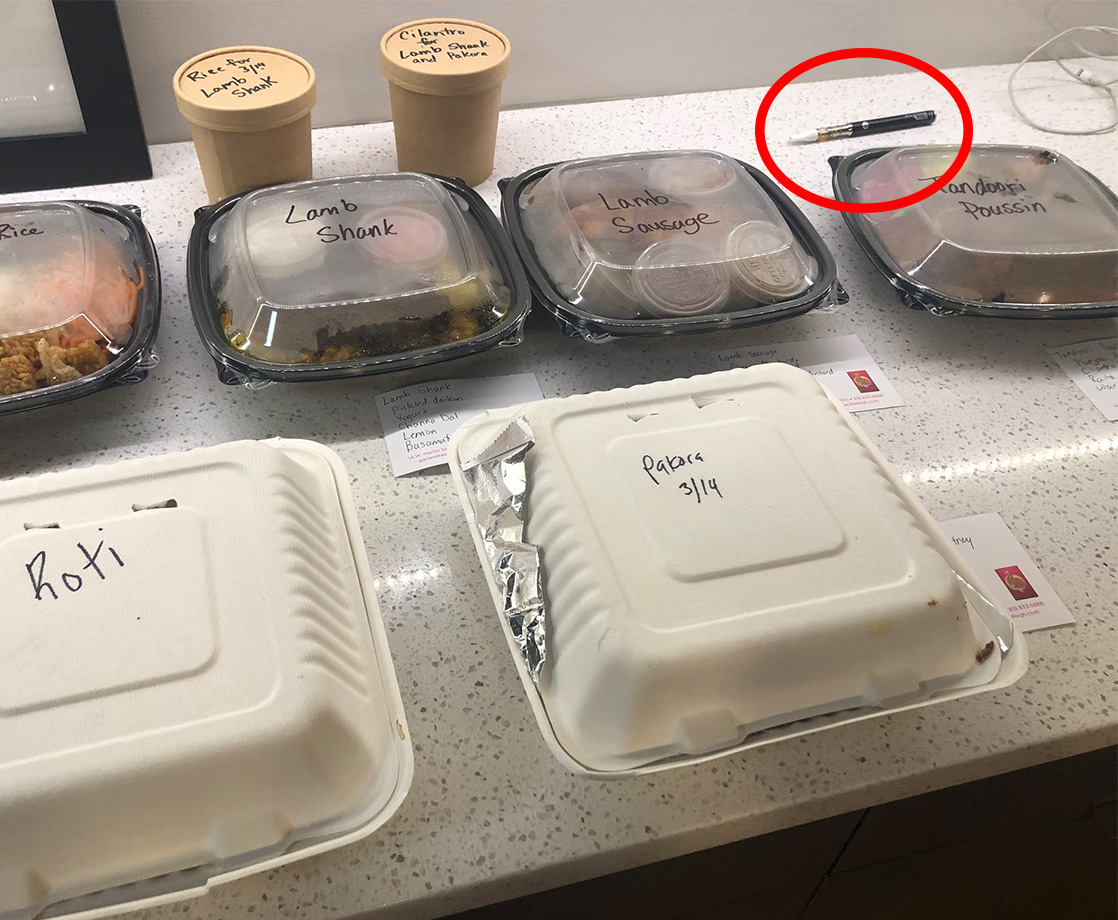Not many people in the arts get famous after the age of 40. Betty White was 51 when she debuted on The Mary Tyler Moore Show, Morgan Freeman had his breakout year, which included Driving Miss Daisy and Glory, at age 52, F. Murray Abraham debuted in Scarface when he was 44. In music, it’s even rarer. Most examples of late-life success stories are either longtime session musicians/band members who go solo (like Thelonious Monk, who had played with the biggest names in jazz before releasing his debut solo album at age 40), or those who don’t find widespread fame until they pivot (like the rapper formerly known as Tity Boi, who didn’t blow up until he was in his mid-30s when he changed his name to 2 Chainz).
Brooklyn-based R&B/soul label Daptone Records has jump-started an uncommon number of late bloomers. Sharon Jones was a corrections officer and armored car guard before releasing her debut album on the label at age 46. Lee Fields had been releasing music since 1969, but only achieved widespread acclaim after signing to the label at age 51. But no one on Daptone Records, or in music at large, had a crazier, more long-awaited come-up than Charles Bradley, who passed away this weekend at age 68.
Bradley had struggled as a musician since the late ‘60s, when most of his band was drafted into the Vietnam War. He hitchhiked around the country working odd jobs for most of his life, occasionally moonlighting as a James Brown impersonator, until he was discovered at one such show by Daptone co-founder Gabriel Roth. In 2002, at the age of 54, he released his very first single, “Take it as it Come.”
From there, Bradley would only progress from that song’s funky drummer-riffing, James Brown-indebted sound, noticeably finding a more impassioned, soul-bearing sweet spot that better suited his age over the course of a handful of ensuing singles. Nearly nine years later, then 62, Bradley finally released a debut album. No Time for Dreaming received almost universal acclaim from indie outlets, and it featured Bradley’s best writing yet. A definite highlight was “Why is it So Hard,” a track about making it in America that would lose most of its impact if not sung by someone whose dreams took over 50 years to achieve.
Following that, Bradley spent the better part of the past six years touring relentlessly, releasing two more albums, and appearing on several national TV shows. He gained a reputation as one of the best live acts in the game, winning crowds over with his blood, sweat, and tears-drenched performances. He was inseparable from his story, a tale of perseverance that resounded in every note he sung. There’s an old saying that goes, “You can’t sing the blues unless you’ve lived the blues,” and no one has ever proved this more correct than Bradley.
Diagnosed with stomach cancer last fall, Bradley was forced to cancel tour dates, but he returned to the road earlier this year after receiving a clean bill of health. Unfortunately, the cancer recently returned in his liver, and on Saturday, claimed his life. A press release states that Bradley passed away in his Brooklyn home surrounded by friends, family, and members of nearly every band he’s ever played with. He’s gone too soon, but he spent the past decade doing what he loved, and in doing so gave us some timeless music and unforgettable concerts. We’ll leave you with his cover of Black Sabbath’s “Changes,” a performance that proves his ability to imbue any song with his unmistakable personal brand of pathos.











